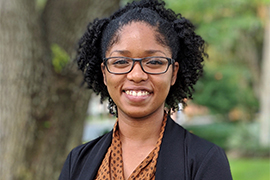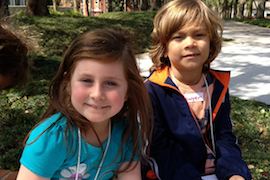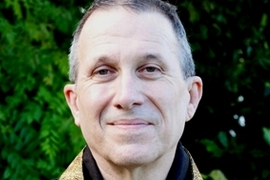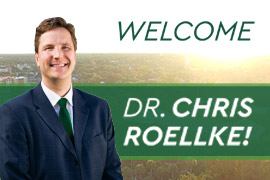Stetson Graduate Student Receives $10,000 National Counseling Fellowship


The NBCC Foundation, an affiliate of the National Board for Certified Counselors, recently selected Lisha B. Day of Jacksonville, Florida, for the NBCC Minority Fellowship Program Mental Health Counseling-Master’s. As a Fellow, Day will receive funding and training to support her education and facilitate her service to underserved minority populations.
The fellowship is made possible by a grant awarded to the NBCC Foundation by the Substance Abuse and Mental Health Services Administration. The Foundation administers the Minority Fellowship Program, including training and collaboration activities that are open to all National Certified Counselors. The goal of the program is to reduce health disparities and improve behavioral health care outcomes for racially and ethnically diverse populations by increasing the number of available culturally competent behavioral health professionals.
The NBCC Foundation Minority Fellowship Program will distribute up to $10,000 to Day and the other 29 master’s-level counseling students selected to receive the fellowship award, according to a Foundation press release.
Day is a graduate of the University of Central Florida and is currently a master’s student in Stetson University’s Clinical Mental Health Counseling program, and Marriage, Couple and Family Therapy program.
Upon graduation, Day intends to work with transition-age minority youth, particularly those struggling with depression, anxiety, trauma, issues of self-esteem, sexuality and identity. She would also like to work with people who are often marginalized, such as immigrants, single parents, women of color, and people living in urban areas, which are typically lacking in mental health resources and/or services.
Earning this fellowship will allow Day to strengthen her ability as a counselor in bridging the gap in mental health services in urban areas, such as Jacksonville, by attending trauma-focused conferences and workshops, and learning evidence-based practices geared toward underserved populations. It will also allow her to advocate for both underserved populations and the counseling profession as a whole.



